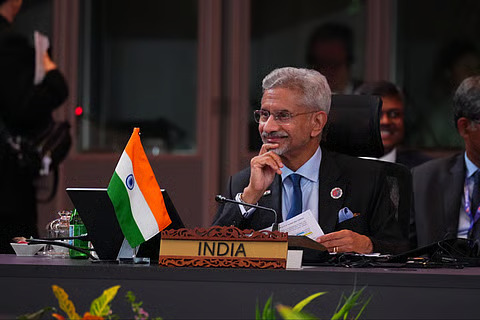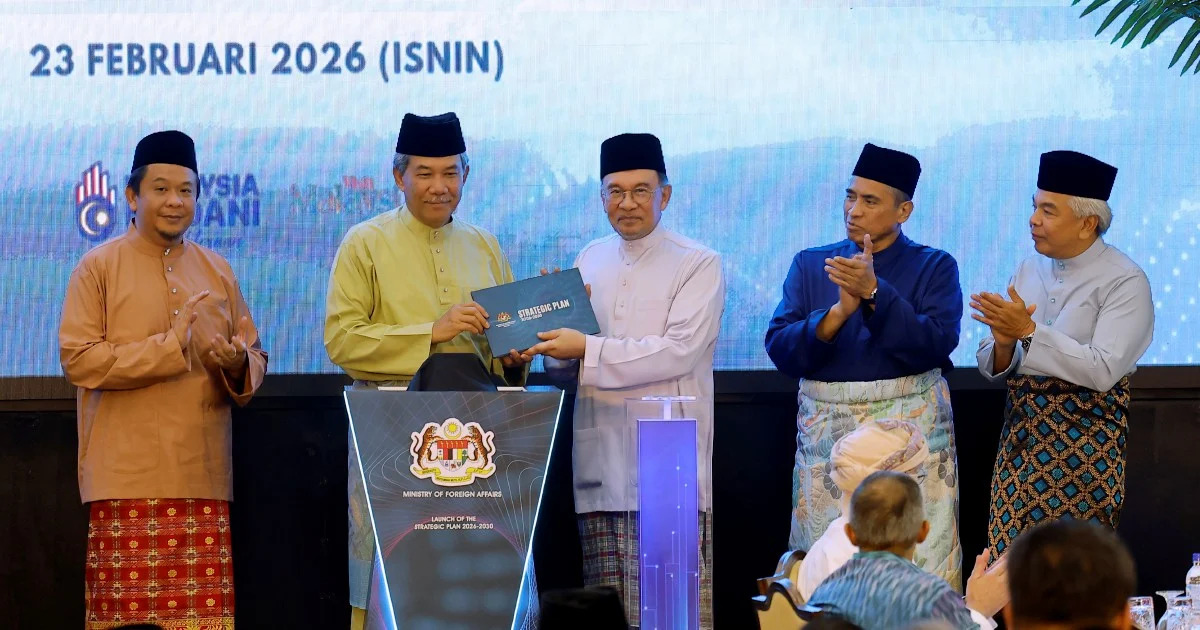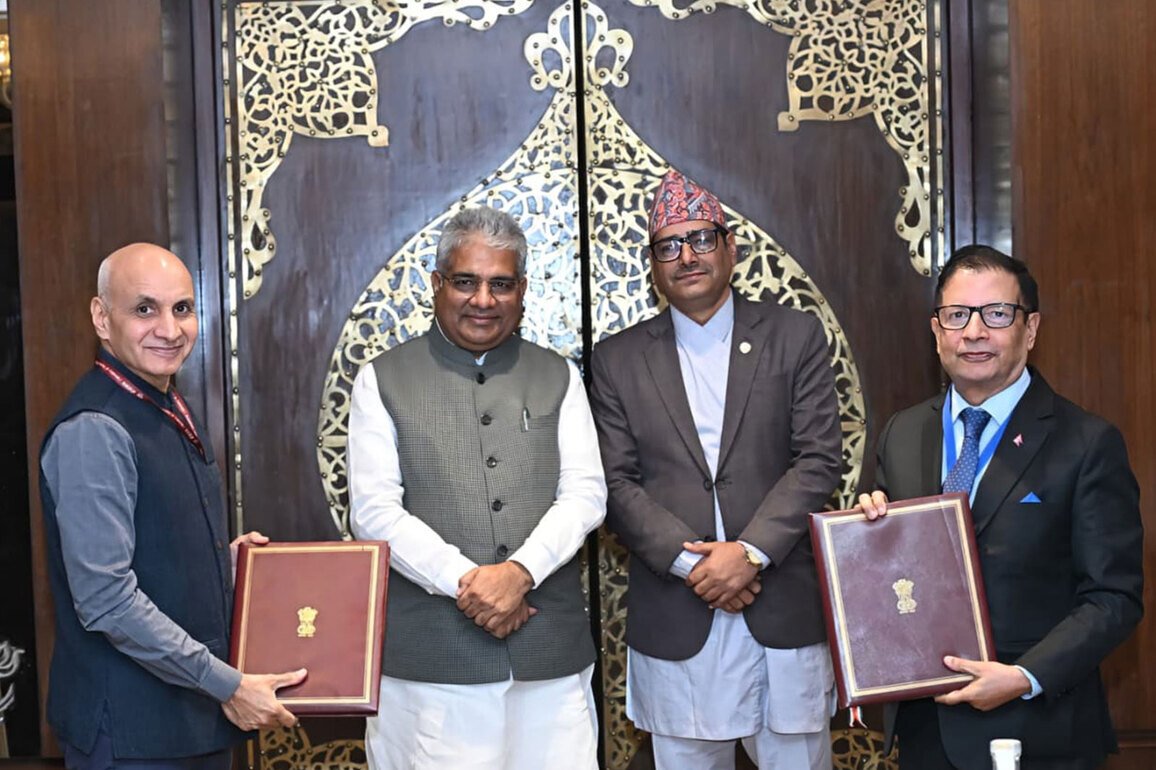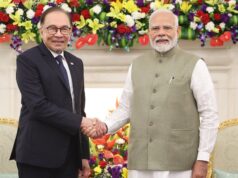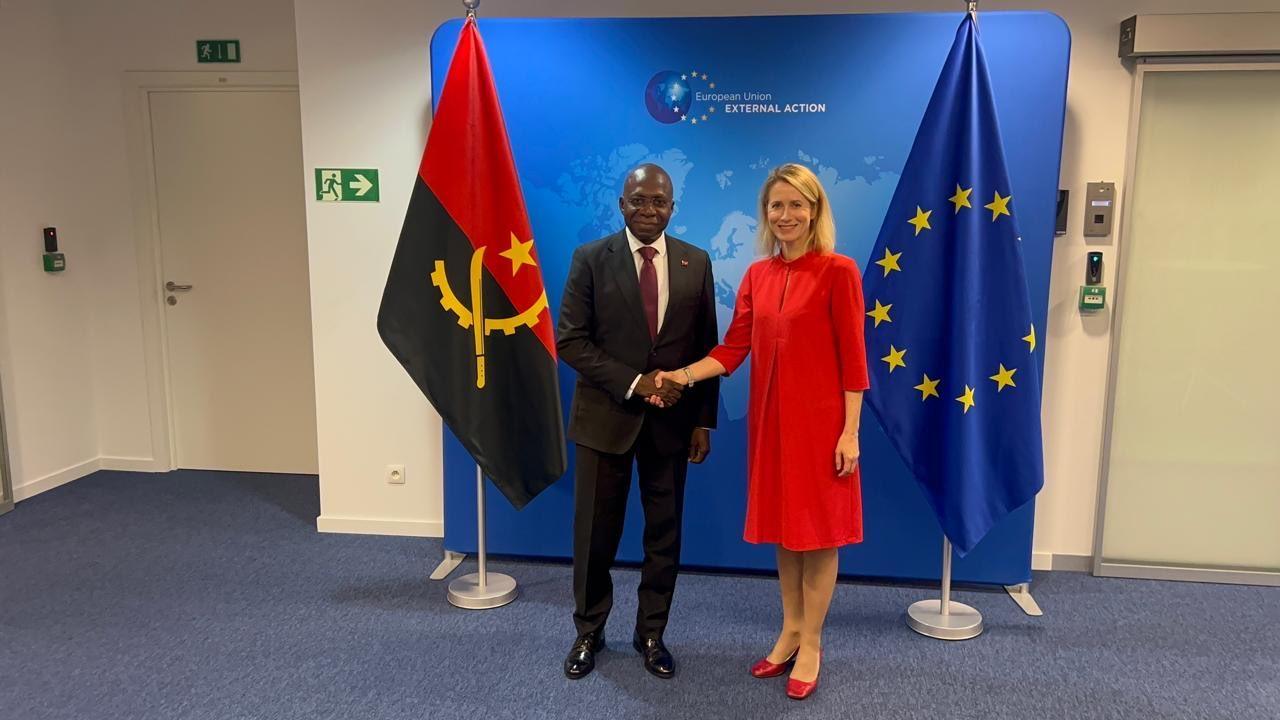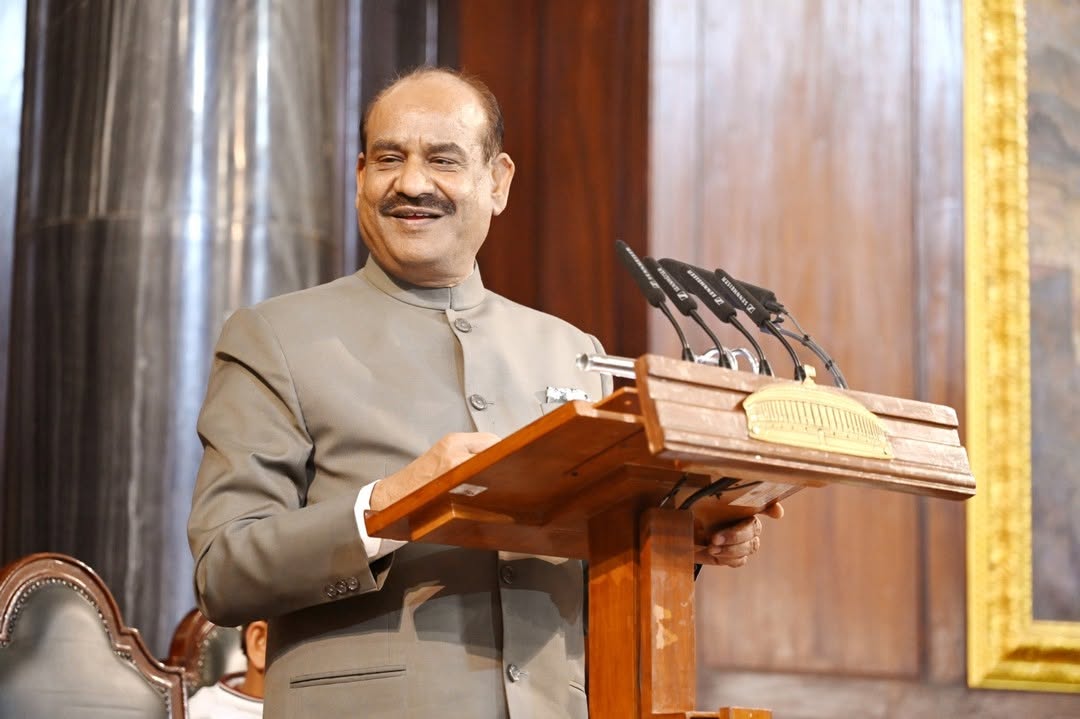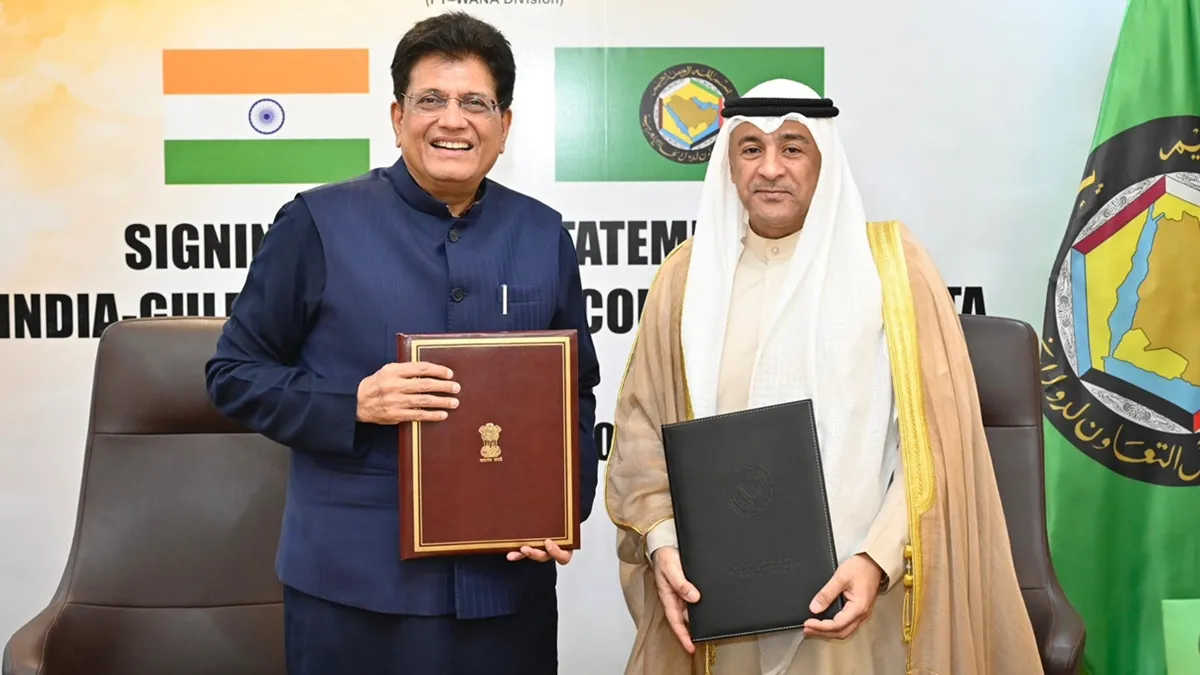The 20th East Asia Summit (EAS), convened in Kuala Lumpur, Malaysia, marked a significant milestone in the region’s premier leaders-led forum for dialogue and cooperation. Attended by Heads of State, Government representatives, and High Representatives from all 19 EAS participating countries, including ASEAN Member States, Australia, China, India, Japan, New Zealand, the Republic of Korea, the Russian Federation, and the United States, the Summit underscored the enduring importance of collective action in addressing regional and global challenges. The Presidents of Brazil and South Africa, in their capacities as Chairs of BRICS and the G20 respectively, also joined the Open Session as Guests of the ASEAN Chair, briefing leaders on ongoing efforts to strengthen global economic resilience and sustainable growth.
Marking its 20th anniversary, the EAS adopted the Kuala Lumpur Declaration on the Twentieth Anniversary of the East Asia Summit, reaffirming its commitment to regional peace, stability, and prosperity. The declaration called for stronger partnerships among participating countries to promote strategic trust and ensure transparent, predictable, and responsible behaviour in international affairs. It also emphasised closer cooperation in areas such as disaster management, information exchange on security policies, and regional development cooperation, reflecting the EAS’s evolving role in shaping the region’s strategic and economic architecture.
Addressing the Summit, Malaysian Prime Minister Anwar Ibrahim called upon Asia-Pacific leaders to prioritise “dialogue over coercion and cooperation over confrontation,” stressing that engagement, multilateralism, and adherence to international law remain essential to global peace amid ongoing conflicts in Gaza, Ukraine, and North Korea. His remarks reflected a shared concern among leaders regarding escalating geopolitical tensions and their repercussions on the region’s stability.
Representing India, External Affairs Minister Dr. S. Jaishankar extended Indian Prime Minister Narendra Modi’s greetings to the EAS on its 20th anniversary and welcomed Timor-Leste’s participation. In his statement, Dr. Jaishankar highlighted pressing challenges, including constricted energy trade, selective application of principles, and restricted market access. He emphasised the growing competitiveness in technology and resource acquisition while underscoring that multipolarity is here to stay. Stressing the need for global resilience, he reaffirmed India’s “zero tolerance” stance on terrorism, asserting that the right of defence against terrorism will not be compromised.
Dr. Jaishankar also outlined India’s commitment to advancing maritime cooperation under the ASEAN Outlook on the Indo-Pacific and the 1982 UNCLOS, announcing that 2026 would be observed as the ASEAN-India Year of Maritime Cooperation. He proposed hosting an EAS Maritime Heritage Festival in Lothal, Gujarat, and the 7th EAS Conference on Maritime Security Cooperation. On Myanmar, he noted India’s role as a “First Responder” during the recent earthquake and reiterated the importance of progress on the India-Myanmar-Thailand Trilateral Highway.
In closing, EAS leaders endorsed greater localisation efforts to strengthen disaster resilience and enhance regional preparedness. As the Summit concluded, the shared commitment of participating nations to peace, security, and sustainable development reaffirmed the East Asia Summit’s enduring relevance as a cornerstone of regional cooperation and dialogue.

